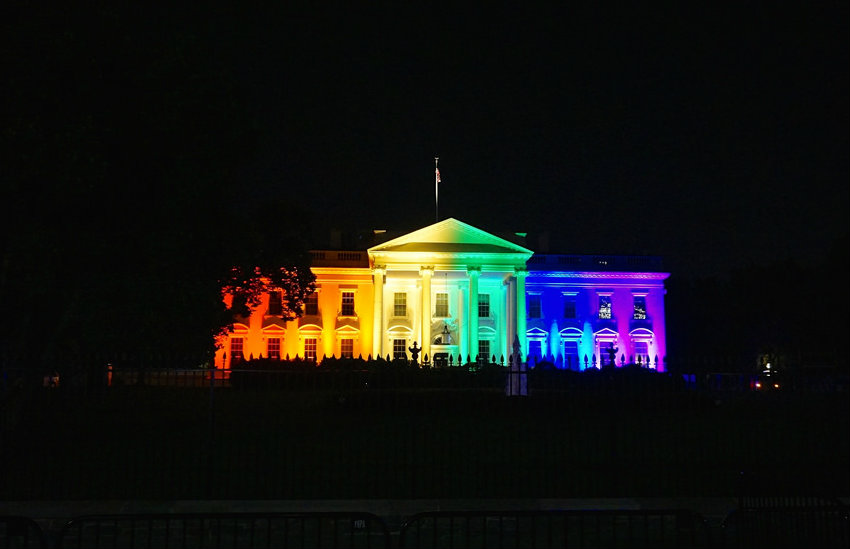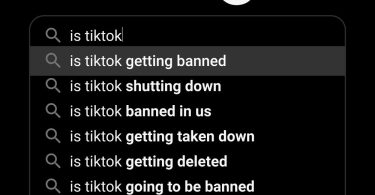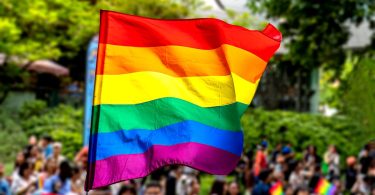The White House lit up in rainbow colors when marriage equality became law | Photo: Flickr/Ted Eytan
Today is the 3-year anniversary of Obergefell v. Hodges, the historic Supreme Court decision that legalized marriage equality in the United States.
On this day in 2015, same-sex marriage became federal law in all 50 states.
One victory, however, does not erase that more progress needs to be made for full equality.
‘As we celebrate the third anniversary of nationwide marriage equality, the sobering truth is that discrimination is a real and persistent problem for far too many LGBTQ Americans,’ said JoDee Winterhof, Human Rights Campaign Senior Vice President for Policy and Political Affairs.
In the last year alone, states introduced 125 anti-LGBTQ bills.
‘In 30 states, LGBTQ people are still at risk of being fired, denied housing, or turned away from a business simply because of who they are.’
This is precisely why numerous organziations, including HRC, politicians, and activists are calling on Congress to pass the Equality Act.
Winterhof continued: ‘Support for this crucial legislation is broader and deeper than it’s ever been. Momentum is on our side as a growing majority of Americans, the business community, and more than 240 lawmakers from both sides of the aisle support the Equality Act. But in order for us to finally pass this critically important legislation, it’s essential that fair-minded Americans turn out and vote this November to ensure we send a pro-equality majority to Congress.’
What is the Equality Act?
Democratic Rep. Bella Abzug first introduced the bill in 1974. It sought to amend the Civil Rights Act of 1964 to include sex, sexual orientation, and marital status.
It died upon reaching the House Committee on the Judiciary, however.
As it now stands, the Act seeks to include sex, sexual orientation, and gender identity in the Civil Rights Act. This would prohibit discrimination in areas such as employment, houses, jury selection, federal funding, and more based on these traits.
Legislators have re-introduced the bill twice, once in 2015 where it failed again, and another time last year. It remains active in the current Congressional run (from 3 January 2017 to 3 January 2019).
In 2015, President Barack Obama formally announced his support of the bill.
Here’s how the US is faring
To mark this important day and legislation, HRC took a road trip, detailing the various levels of protections for LGBTQ Americans across the states.
.@HRC hit the road to embark across several states to expose the patchwork of protections for #LGBTQ people in an effort to urge Congress to pass the Equality Act. 🚙🗺🏳️🌈 #EqualityForward https://t.co/h3KDNe08VU pic.twitter.com/G3gIenboTq
— Human Rights Campaign (@HRC) June 26, 2018
As the video explains, Maryland offers generally good laws, protections, and rights for LGBTQ people. Virginia and West Virginia, however, cannot say the same.
This means LGBTQ people’s experiences from state-to-state can be vastly different and why a federal law, Equality Act, would greatly help.
Numerous politicians are also tweeting their support for the bill.
The fight for full equality is not even close to over. LGBTQ Americans in 30 states can still be discriminated against. That’s why we must pass the Equality Act. #EqualityForward #UpChat https://t.co/2GQrE56I1y
— Tammy Baldwin (@tammybaldwin) June 26, 2018
I urge all my colleagues to support the Equality Act to extent existing civil rights protections to #LGBTQ people by prohibiting discrimination based on sexual orientation or gender identity. #EqualityForward
— Rep. Marc Veasey (@RepVeasey) June 26, 2018
Celebrities are also getting in on it.
Today is Ariana Grande’s 25th birthday and she started a fundraiser for HRC on Facebook to commemorate the day.







